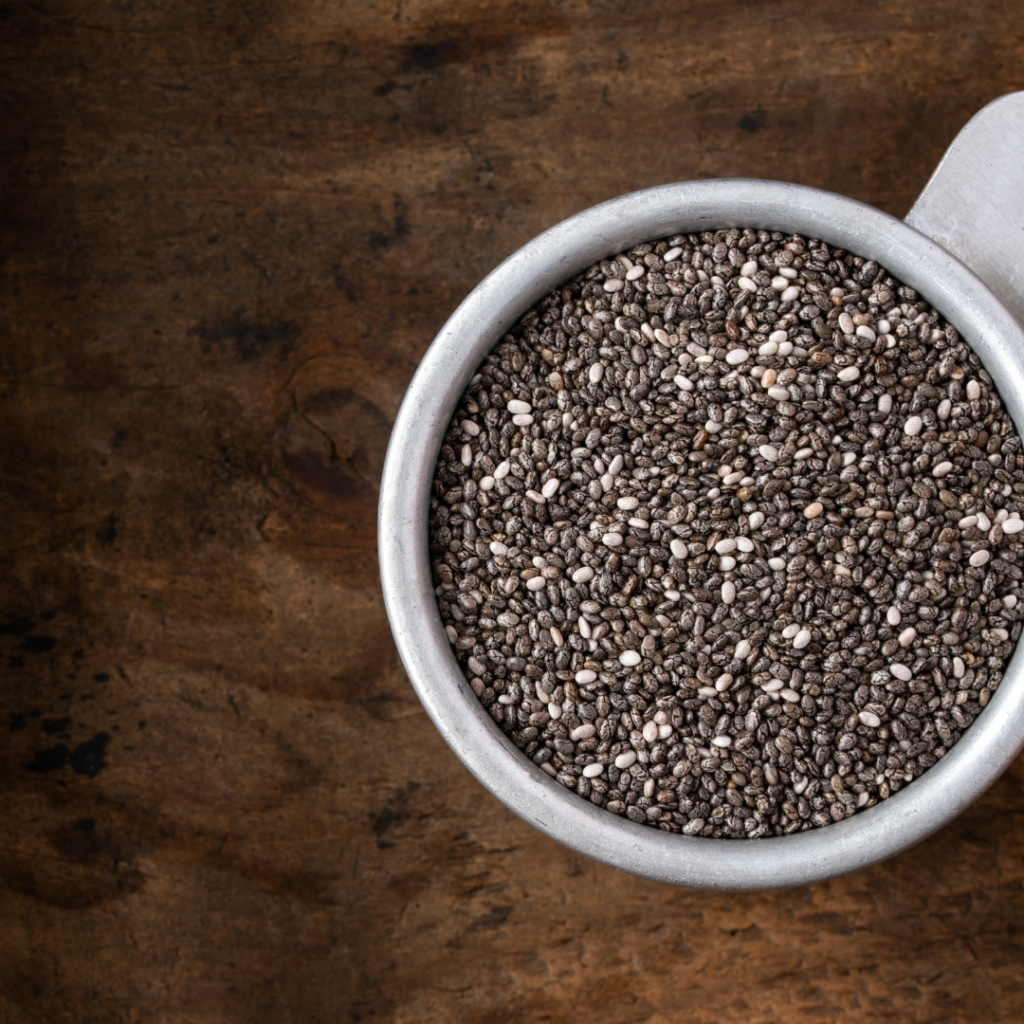Why “Normal” Lab Results Don’t Always Mean Optimal Health
Table of Contents

Many patients leave a doctor’s office feeling frustrated. Their blood work is marked “normal,” yet they still feel exhausted, foggy, or unwell in daily life. This disconnect often leads people to feel dismissed, even though their symptoms are real.

At Tucson Wellness MD, we take a functional medicine approach that looks beyond conventional standards to understand why someone can feel unwell despite labs considered normal.
Why You Can Feel Unwell Even When Lab Results Are Normal
Most lab reference ranges are based on a bell curve derived from the general population. That means “normal” reflects what is common, not what is ideal. On a lab sheet, results are often compared with values from people with early dysfunction, chronic fatigue, or undiagnosed conditions.
In conventional medicine, labs are often used to detect disease, not to optimize health. As a result, values may fall within a range but still be outside optimal reference ranges needed for adequate energy, metabolism, and long-term wellness.
What Normal Lab Reference Ranges Actually Mean
It is possible to feel normal on paper but not feel normal in real life. This happens when early warning signs are missed or when multiple markers are borderline rather than clearly abnormal.
For example, thyroid-stimulating hormone may be within the reference range, yet thyroid function may still be suboptimal, leading to symptoms such as fatigue, cold intolerance, or afternoon crashes. The same applies to vitamin D, iron stores, and inflammatory markers.
Functional medicine practitioners focus on functional ranges and patterns, not just single numbers.
Common Symptoms Standard Labs Often Miss

Patients with labs marked “normal” often report symptoms such as fatigue, sugar cravings, low daily energy, poor focus, or chronic stress. Some describe feeling exhausted by midday, even when their blood test shows fasting glucose levels considered normal.
Common overlooked symptoms include:
- Chronic fatigue or afternoon crashes
- Cold intolerance
- Sugar cravings or low insulin sensitivity
- Difficulty managing stress
- Poor sleep or adrenal dysfunction
These symptoms often signal early dysfunction, not a lack of effort.
How Early Metabolic Dysfunction Gets Missed
One of the most common issues missed in standard blood work is early insulin resistance. Fasting glucose may look fine, but elevated fasting insulin can reveal insulin sensitivity problems long before diabetes develops.
This early insulin resistance can contribute to fatigue, weight gain, inflammation, and increased risk for cardiovascular disease. Comprehensive testing helps identify metabolic markers before they progress into more serious conditions.
Reactive Care vs Functional Medicine

Conventional medicine often waits until labs clearly fall outside normal ranges. Functional medicine focuses on root causes, trend tracking, and early intervention.
At Tucson Wellness MD, we review:
- Health history and family history
- Genetic variants that affect metabolism
- Thyroid function and adrenal function
- Iron status and vitamin D levels
- Inflammatory markers and insulin patterns
Looking at many tests together allows us to identify patterns that a single lab value cannot.
Why Tracking Patterns Over Time Is Critical
Health does not change overnight. Small shifts in metabolic markers, insulin sensitivity, or hormone balance often occur gradually. Tracking trends over time helps identify early warning signs before they become chronic diseases.
For example, a patient may feel exhausted for years while labs remain technically normal. When trends are reviewed, subtle but consistent changes often explain why symptoms persist.
How Tucson Wellness MD Evaluates Root Causes
At Tucson Wellness MD, we combine functional medicine principles with comprehensive testing to help patients understand why they feel the way they do. Our goal is not just to rule out disease, but to help you feel better in daily life.
Care may include:
- Advanced blood testing beyond standard panels
- Evaluation of optimal levels rather than average population ranges
- Stress management and lifestyle support
- Nutrient optimization for iron stores and vitamin D
- Support for insulin sensitivity and metabolic balance
This approach often helps patients who have been told everything looks fine but still do not feel well.
A Better Question to Ask About Your Health
Instead of asking, “Are my labs normal?” a more helpful question is, “Are my labs optimal for how I want to feel?”
Feeling normal on a lab report does not always mean feeling good in real life.
When to Seek a Deeper Health Evaluation
If you feel exhausted, struggle with fatigue, or sense that something is off despite normal test results, you are not alone. Tucson Wellness MD specializes in identifying early dysfunction and addressing root causes before symptoms worsen.
Visit our website to schedule a consultation and learn how a functional medicine approach can help you move from feeling dismissed to feeling truly supported.


























